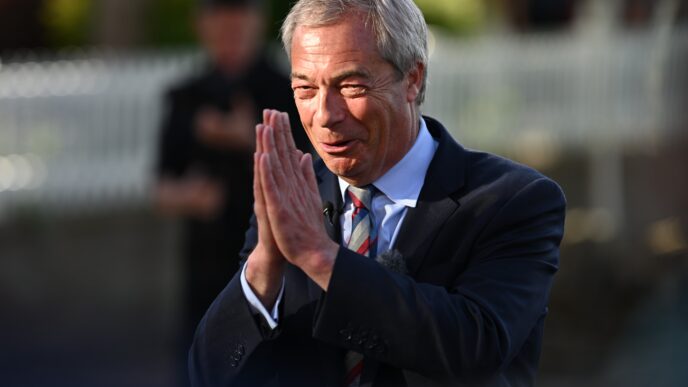As the U.S. solidifies its rare earth trade partnership with China, attention is turning to the United Kingdom — a key ally with growing interest in deeper economic cooperation with Washington. With global supply chains under pressure and geopolitical rivalries reshaping trade priorities, the timing may be ideal for the UK and U.S. to expand their trade relationship.
1. Momentum from the China–U.S. Deal
The recent rare earth agreement between the U.S. and China has set a precedent. It demonstrates the U.S.’s willingness to secure critical materials through diplomacy rather than conflict. In that context, a parallel deal with the UK could offer both parties economic and strategic benefits — especially as the U.S. looks to reduce overreliance on any single supplier.
2. Existing UK–U.S. Trade Framework
While a full trade deal hasn’t been finalized, the U.S. and UK have already made progress through partial agreements that have reduced tariffs on goods like steel, aerospace parts, and ethanol. These deals lay the foundation for deeper cooperation, and rare earth minerals may be the next logical step.
3. Rare Earths as a Strategic Link
Rare earths are vital for defense, clean energy, and advanced technology. The UK has shown interest in building its own capabilities and securing stable supply lines. A trade deal with the U.S. that includes rare earth components would strengthen both nations’ resilience in a high-stakes sector.
4. Timing and Outlook
U.S. officials are pushing for multiple new trade deals by late summer. With leadership in both countries showing interest in economic partnership, the political environment is favorable. The UK, under its current government, appears ready to advance negotiations if favorable terms can be reached.
Final Thought
Following the U.S.–China rare earth pact, the UK is in a strong position to pursue a broader trade agreement with the U.S. Rare earths, critical minerals, and advanced manufacturing could form the backbone of a new economic chapter — one built not just on trade, but on long-term strategic trust.














